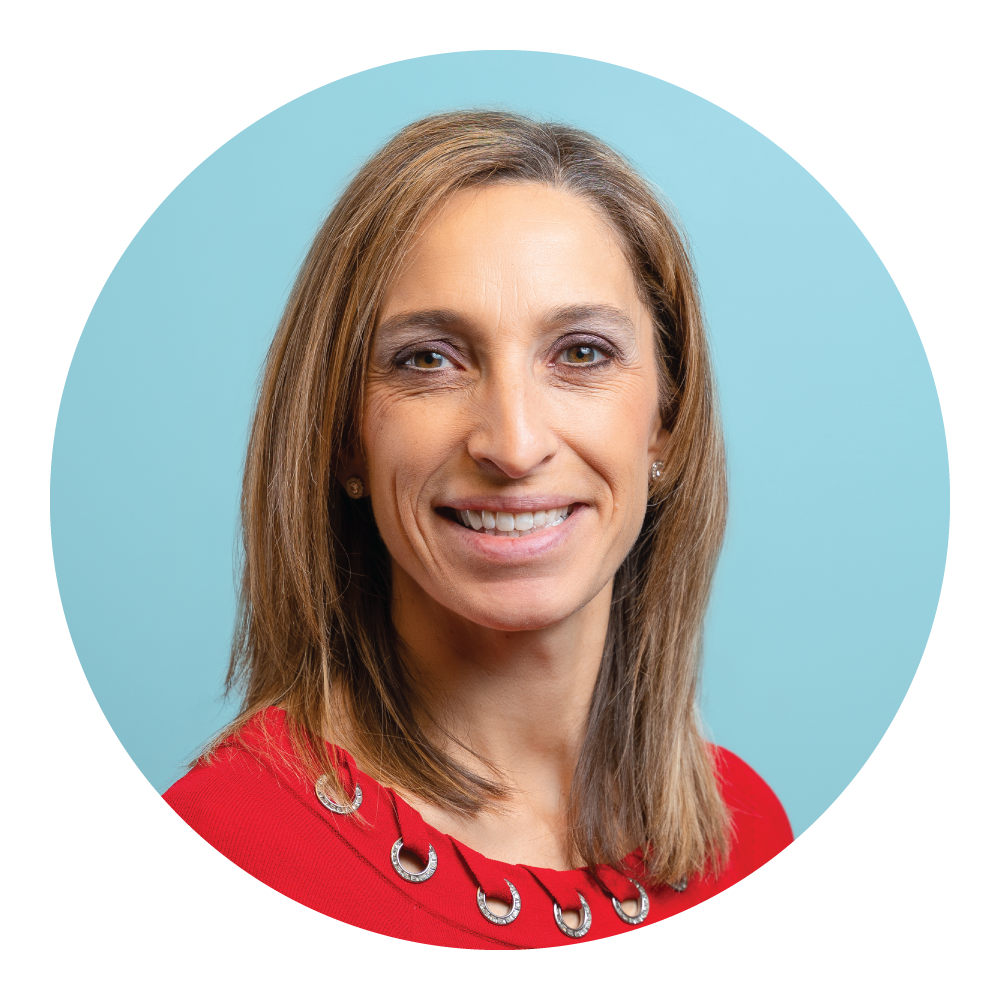MHI FAQs
- Will I be able to work while completing the program?
-
The curriculum of the MHI program is designed to allow working adults to complete the program.
- Can I pursue this degree program at the same time as another graduate or professional degree program at Ohio State?
-
Students who enroll in two graduate degree-granting programs concurrently are called Dual Degree students. Please review this information on the Graduate School website to learn more about the Dual Degree designation.
Dual Degree students must satisfy the credit hour requirements for each degree program. There may be little overlap between the two sets of coursework, which can result in students being required to fully complete the degree requirements for both programs in order to graduate. This can extend time to graduation. Due to the rigorous nature of some of our graduate clinical programs, prospective students interested in a Dual Degree option with the College of Nursing are advised to closely examine the curriculum requirements of our programs before applying. For degree programs with clinical components, it is important to recognize that adjustments to the standard curriculum plan may not be possible.
To learn more about the process for applying as a Dual Degree student, please visit the Graduate School’s website. After you have reviewed this information, please contact the director of the program in which you are interested for further discussion. The director’s name and contact information can be found by visiting the homepage of the program on the college’s website. This discussion should occur before you begin applying in order to gain a better understanding of program requirements. Applicants interested in applying to a College of Nursing graduate program as a Dual Degree student must follow the application process listed on the program admission webpage and adhere to all deadlines. Please email OnlineEnrollment@osu.edu if you have any questions about how to apply.
- Can I complete the practicum and/or capstone project at my place of employment?
-
Yes, however, your practicum and project work should differ from your paid work.
- Are there any on-campus requirements?
-
No, students are not required to come to the Ohio State campus for this program. MHI students are encouraged to present their final project in-person at the end of their degree program. They are also invited and strongly encouraged to attend orientation and graduation on campus, though not required.
- Can I complete the program at my own pace?
-
No, students will follow the established, part-time course schedule until program completion.
- May I take courses before enrolling in the MHI degree program?
-
Yes, you may take classes as a “Graduate Non-Degree” (GND) student. You can find more information on how to do so on our Graduate Non-Degree page. You may apply up to ten credits of coursework taken as a GND student to the MHI program. You could also consider pursuing our Healthcare Leadership and Innovation certificate prior to enrolling in the MHI program.
- Do the online courses have any designated meeting times for class?
-
The MHI program includes a combination of synchronous and asynchronous coursework. Each course differs depending on the content being taught.
- I work for Ohio State, will this program qualify me for tuition assistance?
-
Possibly. Ohio State offers a Tuition Assistance program for employees, which you can learn more about here. Eligibility is based on your employment status. You should consult with your Human Resources representative if you have questions about the Employee Tuition Assistance program.
- I am an international applicant, do I qualify to apply?
-
Students with international degrees are eligible to apply provided they meet all program admissions requirements.
Additional requirements for international applicants:
- Review The Ohio State University’s English Proficiency Policy and other important information.
- For immigration documents and international student requirements, please contact Graduate and Professional Admissions Office at gpadmissions@osu.edu or 614-292-9444.

